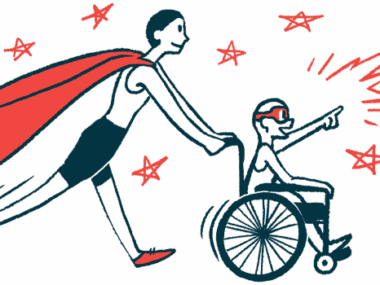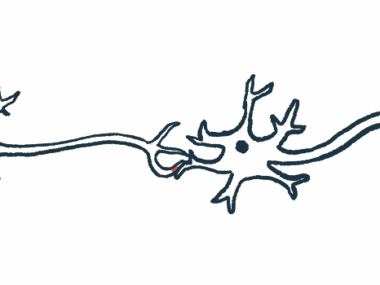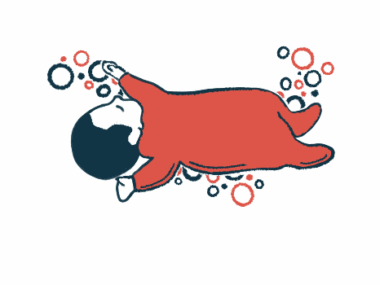Coming to Terms With Our Daughter’s Heartbreaking Cognitive Delays
Written by |

When it comes to our journey with Dravet syndrome, my husband has always been the optimist among us.
When our daughter Austen’s seizures kept coming in those first few months, my husband held out hope that they would somehow miraculously stop on their own.
When I found Dravet syndrome during one of my endless Google searches, he told me not to dwell on it until we got the test results. He said it could have been a fluke that she hit all but one of the symptoms that were listed.
He’s been the one to hold on to hope during every change in medication, every hospital stay, every occasion that Austen’s been poked and prodded.
That’s why it hit me hard when he told me last week that he noticed Austen was not at her age level in terms of her cognition. He thinks that the nearly two years of seizures upon seizures, before we started Austen on treatment with Fintepla (fenfluramine), did more damage than we initially realized.
That broke me, because I have seen it as well. I’m a homemaker and a home-schooling mom. I’m with my kids day in and day out. I’ve noticed that Austen is not at the same level her brother and sister were at her age. I know that every child is different, but it is obvious that Austen is behind.
I had not mentioned it to my husband because I’m a pessimist when it comes to this disease. It’s easier for me to look at the glass as half-empty, so when bad things happen, I’ve already prepared myself.
But it still hit me hard when he noticed it, too. It broke part of me. I cried myself to sleep that night worried about Austen’s life and future.
Cognitive delays aren’t abnormal in Dravet syndrome. We were told this likely would happen eventually. But it still hurts.
There is a chance that we can regain some of what Austen lost when she resumes therapy. And the great news is that she is still progressing by slowly learning to read and working through her math program at a normal rate.
But the pessimistic side of me wonders if this is only the beginning. I want to be prepared and know what’s coming, but in the world of Dravet syndrome, I do not have that luxury.
Today, I took Austen to see her neurologist, and we had a bittersweet talk. We rejoiced in Austen’s five months of freedom from big seizures, thanks to Fintepla, but we also had a hard talk about Austen’s cognition.
The neurologist agrees that Austen’s development probably stalled some during that crazy period of seizures, but she says it’s a great sign that Austen is slowly catching up now. She also made it clear that Austen might not fully catch up, because science is showing that some delays in Dravet syndrome might be from the genetic mutation itself. Kids with the disorder tend to start having delays between the ages of 5 and 8.
So, Austen might not ever catch up to her peers, but it is a great sign that she is continuing to progress.
There is hope in the future. Gene therapy is showing promising results in mice research, including even the reversal of some delays. Mice are not children, of course, as her neurologist was quick to point out. And Austen’s seizures aren’t bad enough now, thankfully, to even qualify for studies that are now starting. But if new therapies are approved in the future, you can guarantee we will jump at a chance to try them for Austen.
And if this potential therapy or others don’t work? Well, we’ll do what we always do: Adapt, move on, and continue loving and learning with our baby girl. Isn’t that what life is all about?
***
Note: Dravet Syndrome News is strictly a news and information website about the disease. It does not provide medical advice, diagnosis, or treatment. This content is not intended to be a substitute for professional medical advice, diagnosis, or treatment. Always seek the advice of your physician or other qualified health provider with any questions you may have regarding a medical condition. Never disregard professional medical advice or delay in seeking it because of something you have read on this website. The opinions expressed in this column are not those of Dravet Syndrome News or its parent company, Bionews, and are intended to spark discussion about issues pertaining to Dravet syndrome.






Leave a comment
Fill in the required fields to post. Your email address will not be published.